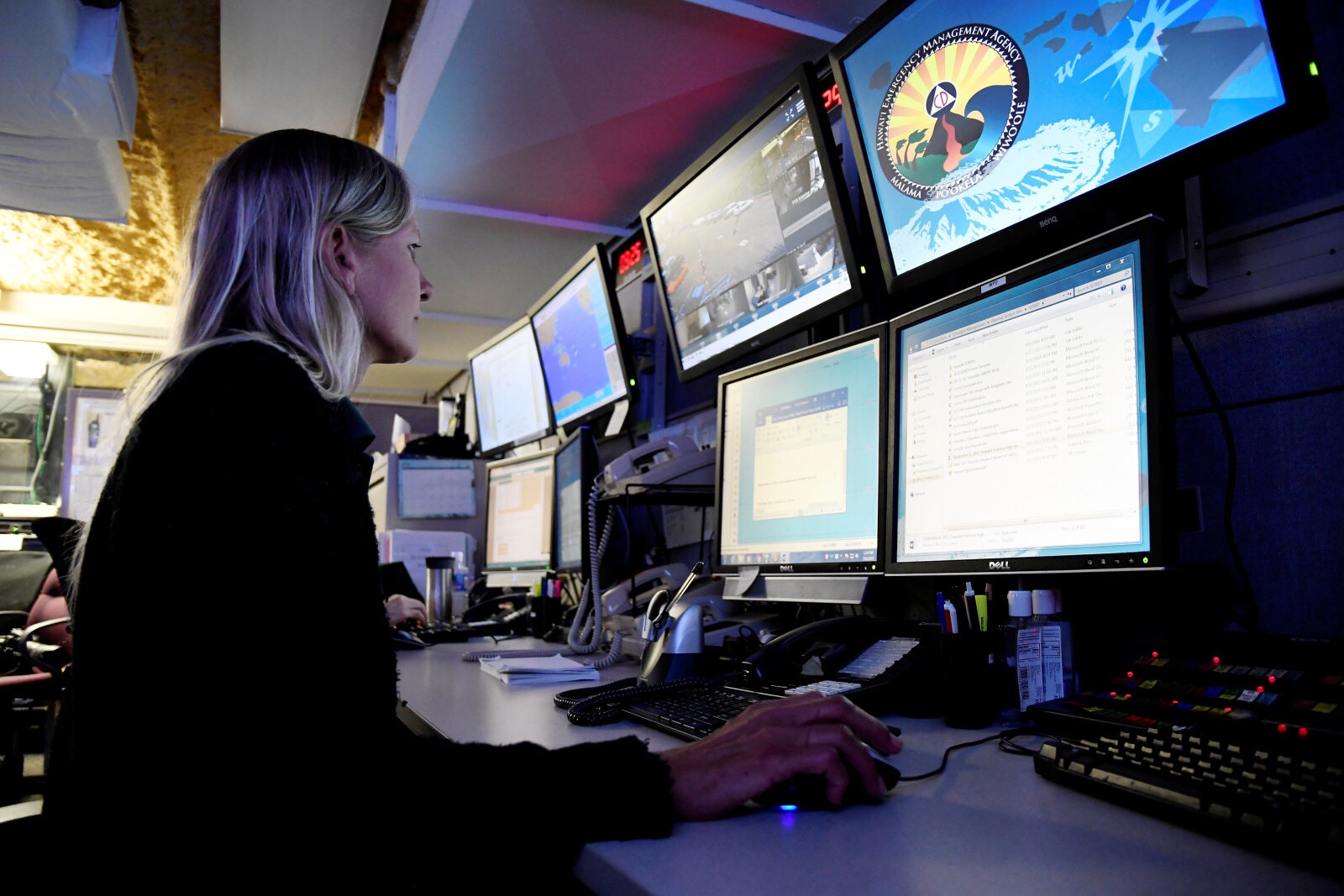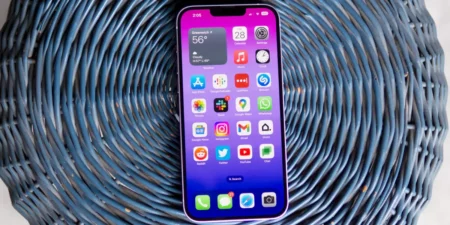Yesterday, Hawaii experienced a false alarm over a missile attack (thankfully was non-existent). Not only are state officials investigating the false alarm, FCC is also coming in to investigate what happened and how to prevent it from happening again in the future.
FCC Chairman Ajit Pai confirmed that they are investigation into the error is “well underway.” Pai didn’t immediately make definitive statements early in the situation, he said that early findings have suggested Hawaii didn’t have “reasonable safeguards or process controls” to prevent a mistaken alert from happening.
Pai labeled the alarm as “absolutely unacceptable.” According to the Chairman, it wasn’t just the fact that the alarm triggered a panic for 38 minutes, it’s that this had reduced confidence in the alert system and may have hurt the effectiveness of such program in a real crisis. Pai does have a point here because this false alarm sent Hawaii residents in a panic, their confidence in the system perhaps is less than it was previously.
At this point, pretty much what probably happened is that an employee clicked the wrong button and send a real alert by mistake, but there’s no system in place to send a correction immediately. FCC’s role right now is to help push for and institute reforms in both Hawaii and across the US regarding public alarm systems. The FCC wants more protections in place to prevent accidental alerts and further add means to correct any mistake as soon as possible, should it happen.





